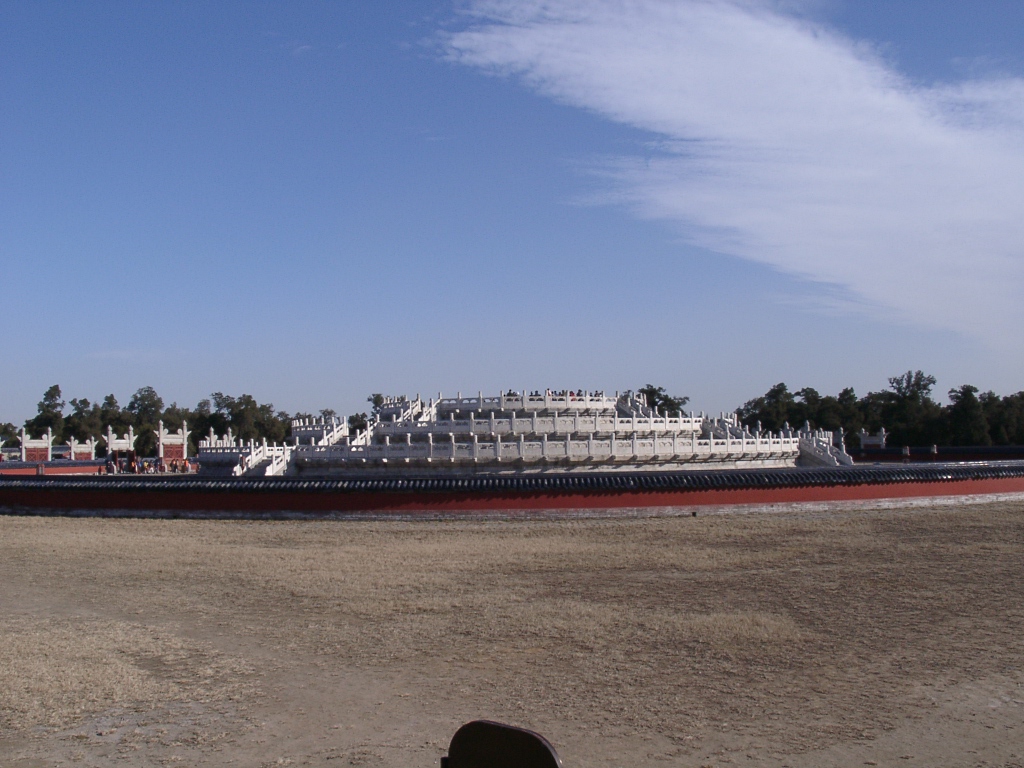Secrets of the Temple of Heaven
Updated: 2007-07-27 08:29

A new layer of stone was added to protect the original which was eroded by large numbers of tourists, this changed the acoustics of the Circular Mound Altar. These days there's usually a crowd of people standing between the Heart of Heavenly Stone and the stone walls so visitors can barely hear the echo. But it's still a wonderful experience to have a chance to stand where emperors once stood and hear your voice go straight up to heaven.
The rise and fall of the Divine Music Administration
The Divine Music Administration was responsible for the divine music performances in the heaven-worshipping ceremonies. All the officials, musicians and dancers were Taoists - not regular Taoists who devote all their time to studying the sutra, but Chinese classical and folk music experts.
As well as preparing the twice-yearly performances, the Taoists developed two other interests - gardening and pharmacy. Gradually, the Divine Music Administration became one of the busiest temple fairs in Beijing until the beginning of the Qing Dynasty .
The Divine Music Administration's most famous medicine was the herb motherwort (Yi Mu Cao). The soil around the Temple of Heaven is very suitable for growing of this herb. Many medicine shops were built and the practitioners became wealthy. With the improvement of processing skills, the Taoists began to export motherwort and it became one of China's earliest export commodities.
After the fall of the Qing Dynasty, Yuan Shikai dismissed the Taoists and
closed their shops, allowing motherwort to be collected only in the autumn. This
led to decline of the motherwort trade and the Divine Music Administration.
 | 1 | 2 | 3 | 4 |  |

